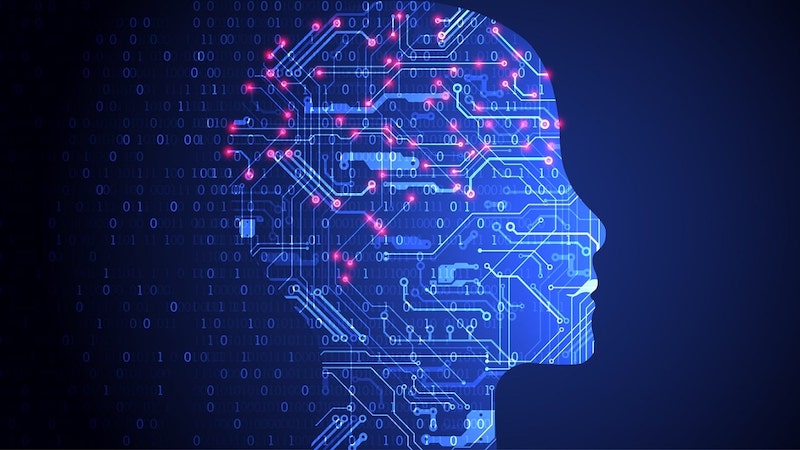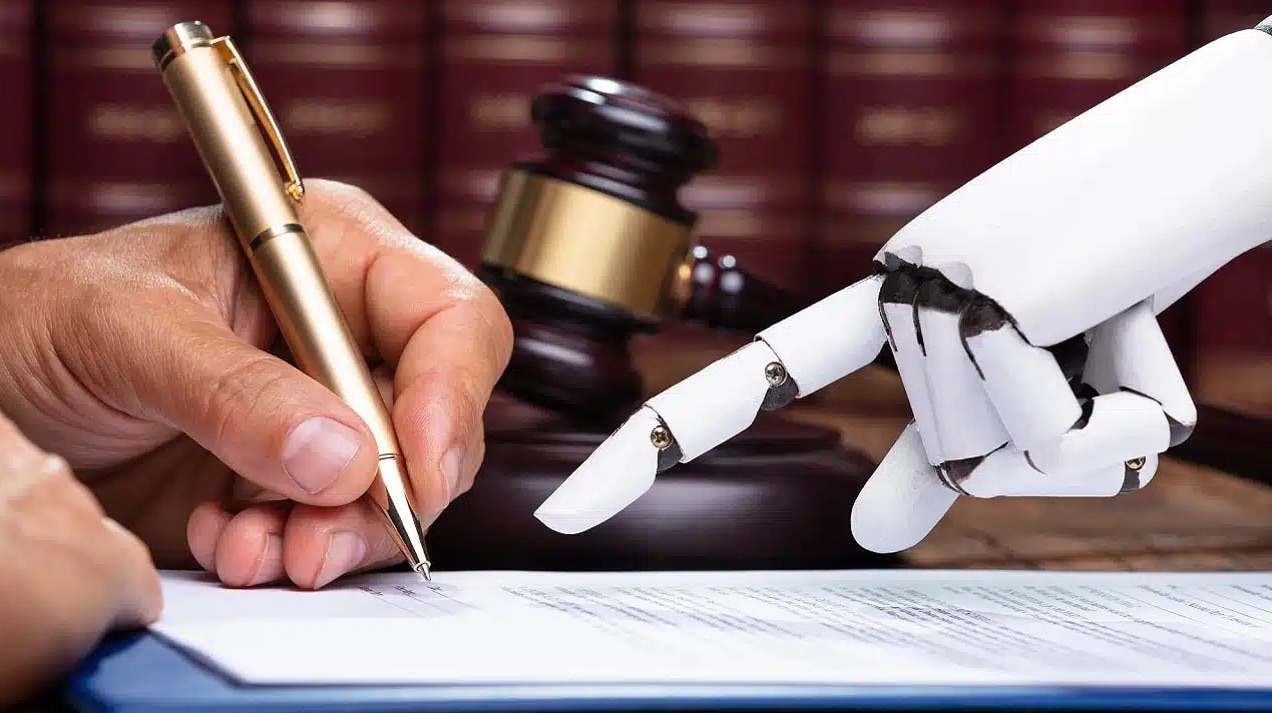Since the autumn of 2022 we have been discovering with great amazement (some with a certain degree of terror) the potential of the so-called generative artificial intelligence. That is, capable of creating new content. The two main areas of application are that of the production of texts with software such as ChatGPT and similar, but also of images (Midjourney, to be clear).
The practical (but also moral) questions that their arrival in our lives have raised are many and profound. It goes, to take just two examples, from how much AI will affect the world of work a what the rules should be that regulate their use.
A very delicate issue concerns the relationship between AI and copyright. Let’s say it more concretely: an artificial intelligence can be considered the creator of a work and can therefore enjoy the copyright? The answer came in the last few hours from an American court. Let’s find out what happened.

The lawsuit against the Copyright Office
The first to report the news was, on Friday 18 August, l’Hollywood Reporter. In an article, you disclosed the ruling of Washington District Court Judge Beryl A. Howell. The judge presided over a lawsuit filed by Stephen Thaler against the US Copyright Office. The office that manages copyright in the US had refused to release it to Thaler for an image generated by artificial intelligence, created with the algorithm that Thaler himself had created.
The software developed by the computer scientist Thaler is called Dabus, and according to its inventor – by producing content – this AI should enjoy copyright. The computer scientist has tried several times to obtain the copyrightnot just at the US Copyright Office but knocking on the door of similar offices around the world.
And after the rejection final of the Office in February last year, Stephen Thaler sued him.
The Washington Judgment
According to Thaler, the US Copyright Office’s denial was “arbitrary, capricious … and not in accordance with the law.” The floor at this point went to Judge Howell, who proved the computer scientist wrong. Explaining that AI cannot be copyrighted because copyright has never been granted to a work “without human guidance”. Furthermore, a fundamental passage, “human authorship is a fundamental requirement of copyright”.
However, Beryl A. Howell acknowledged that through AI we are “approaching new frontiers in copyright”. And the increasingly massive use of artificial intelligence by artists will produce, in the near future, “prompting questions about how much human contribution is needed” for a work to be protected by copyright. Meanwhile, Thaler’s lawyer has already made it known that will appeal against the judge’s decision.
AI and copyright: the Italian precedent
Last January too our Court of Cassation ruled on the relationship between AI and copyright, as we reported in an article. And he gave an answer that was not clear-cut, but certainly reasonable. And perhaps less superficial than that of the US judge. In summary, a work created with artificial intelligence is always the result of the user’s ingenuity (and not of the software). But from time to time, to grant the copyright or not, it must be verified to what extent the use of the machine has absorbed the creative elaboration of the artist.
Let us explain more simply: for the (human) author of a work to hold the copyright, the work itself must be fruit of human ingenuity and have a creative character. In short, the work must be new and original, it must be an expression of the author’s artistic flair. The human creative contribution must therefore be tangible.
Two open questions
Without prejudice to the common sense of our Court of Cassation, reaffirmed by the American judge, according to which an AI software can never be the copyright holder, two open questions remainwhich we raised in the article in which we spoke of the decision of the Cassation.
The first concerns the difficulty of deciding, case by case, the relevance of the human contribution in a work produced by artificial intelligence. Second problem: once it has been ascertained that the human contribution to a specific work is minimal, whose rights should be recognised?
Well: according to a legal interpretation, the work will be in the public domain. But according to another, it is necessary to indicate with more precisely the owner of the rights. Who? The programmer or the user of the AI system that generated the work?















Leave a Reply
View Comments